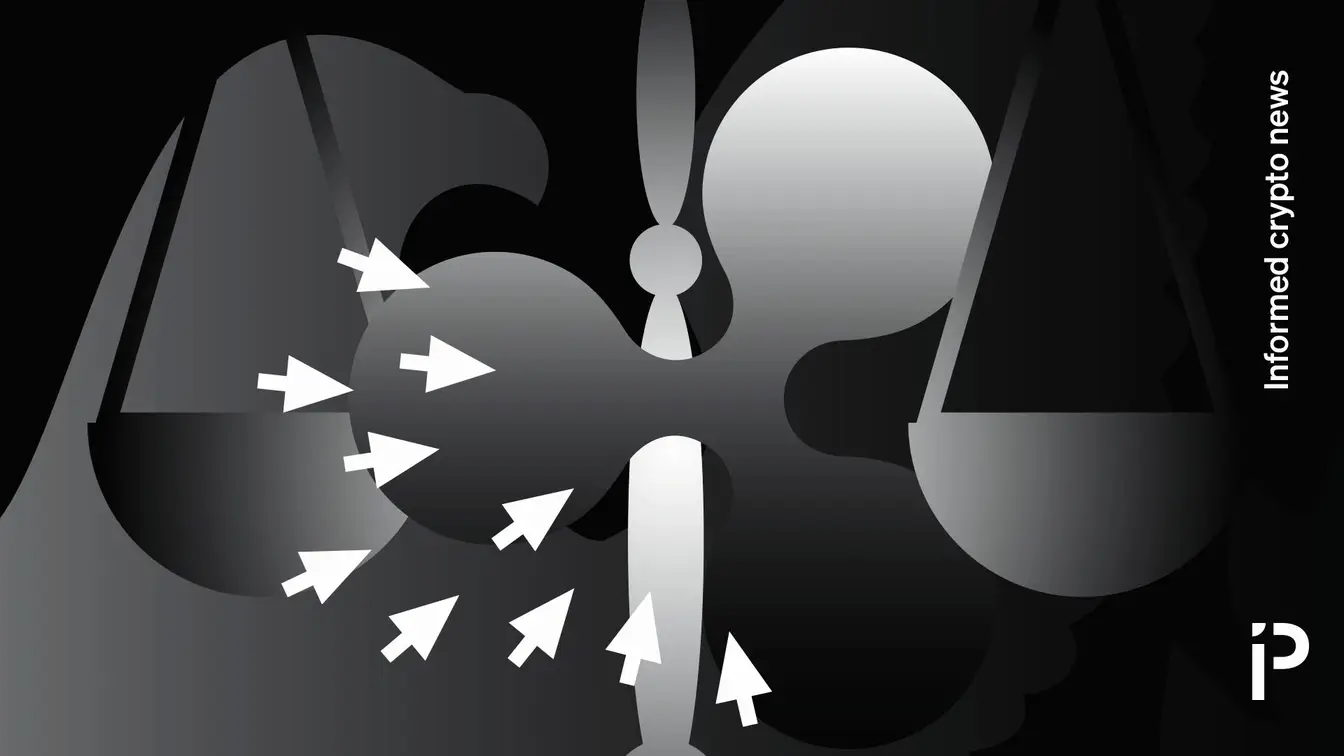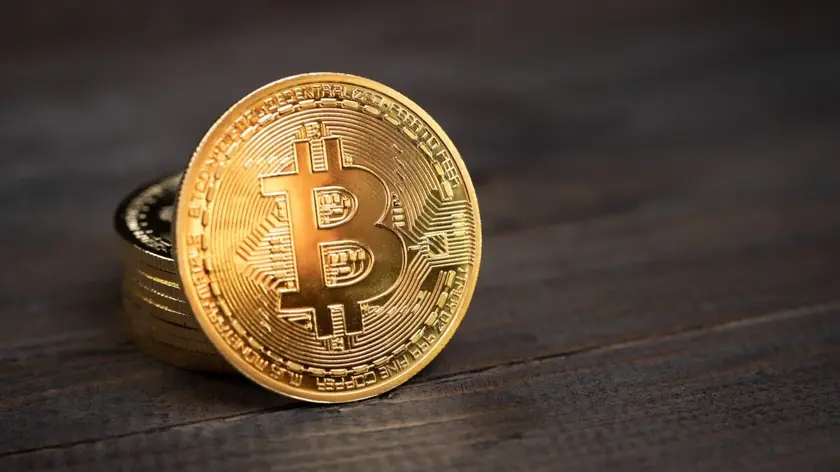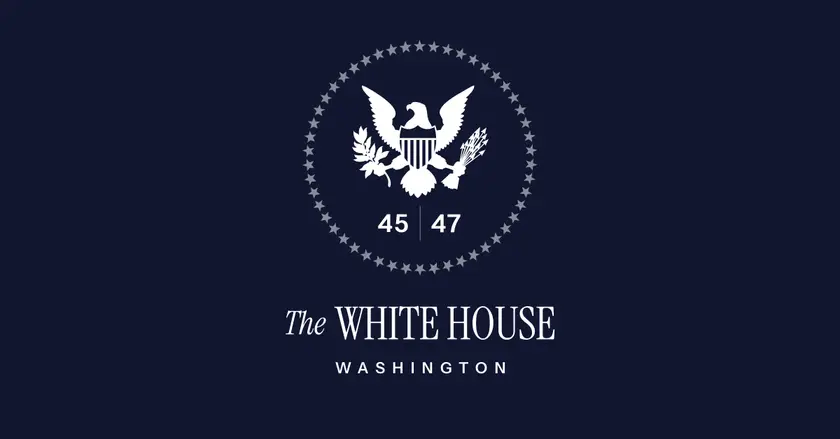T4K3.news
Ripple SEC case ends
The SEC has closed its dispute with Ripple, a development XRP supporters hail as history in the making.

The end of the Ripple SEC case is met with cheers from XRP supporters who see regulatory clarity and a turning point for crypto policy.
XRP Army Celebrates End of Ripple SEC Case
The U.S. Securities and Exchange Commission has closed its nearly five year legal dispute with Ripple Labs Inc., ending a high-profile clash over XRP. Ripple has denied that XRP is a security and says the case is now over. The settlement or closing still leaves questions about how crypto assets will be treated under U.S. law, but supporters view the outcome as a vindication and a possible model for future cases.
The XRP Army, a longtime supporters group, marks the moment as evidence they were on the right side of history. The movement grew after the lawsuit began in 2020, aided by a public pledge from Ripple CEO Brad Garlinghouse that they would be on the right side of history. Price data from the period shows XRP traded around $0.56 before the case, then fell to roughly $0.21 after the news broke. Analysts say the battle also gave the Army time to accumulate XRP, a side effect supporters say they would rather not have faced.
Key Takeaways
"We are not only on the right side of the law, but we will be on the right side of history."
Brad Garlinghouse referenced the 2020 blog post that inspired the XRP Army slogan.
"Absolutely it brought us together. Hundreds of us submitted affidavits to the court per John Deaton, and we won."
James Rule describing how the community mobilized to support Ripple.
"It was perhaps the biggest dispute in American financial history."
Narrative about the scale and stakes of the case.
"The XRP Army grew significantly through social media and initiatives from influential figures within the community."
Observation about community growth.
The ending of the case offers a sense of regulatory clarity to some market participants, but it does not resolve broader questions about how crypto assets will be classified or governed in the United States. The outcome may influence future enforcement approaches and market expectations, potentially easing some pressure on investors while heightening scrutiny in others. The emotional rally among supporters could fuel optimism about XRP and other tokens, even as buyers weigh long-term regulatory risk.
The episode also showcases how online communities can shape market narratives and policy debates. While the XRP Army celebrates what they see as a historic turn, observers warn that hype can outpace detailed regulatory guidance. Regulators face the challenge of balancing investor protection with innovation, and this case may become a reference point in that broader dialog.
Highlights
- We are not only on the right side of the law, but we will be on the right side of history.
- Absolutely it brought us together, hundreds of affidavits to the court, and we won.
- It was perhaps the biggest dispute in American financial history.
- The XRP Army grew significantly through social media and initiatives.
Regulatory milestone sparks public reaction
The end of the Ripple SEC case highlights regulatory shifts in crypto and could trigger political scrutiny, investor volatility, and debates on enforcement fairness. It may influence future policy and market sentiment.
The next chapter will test whether policy makers can translate victory into lasting, practical rules.
Enjoyed this? Let your friends know!
Related News

Ripple case final judgment stands

Ripple settlement reshapes crypto regulation

Ripple wins lawsuit as SEC drops case against the company

XRP nears new highs after legal victory

$4.50 XRP Target

XRP Set for 20% Price Rally Amid Regulatory Changes

Gunman photo released at CDC shooting

New Presidential Order Targets Urban Crime and Homelessness
